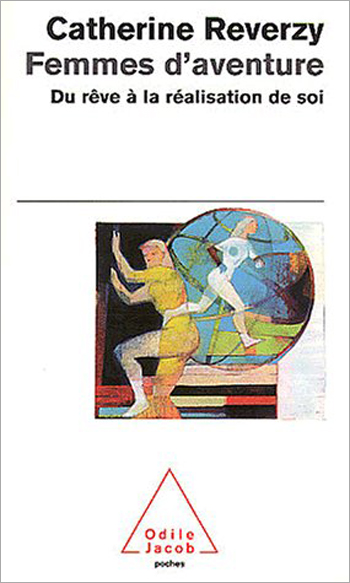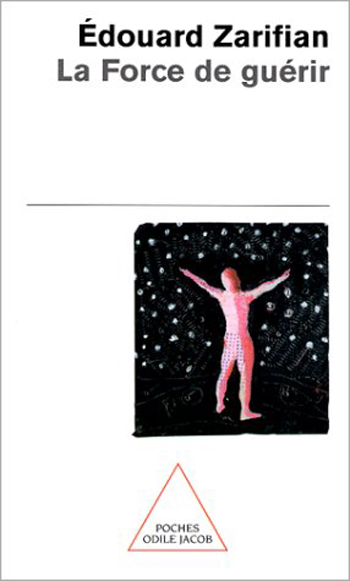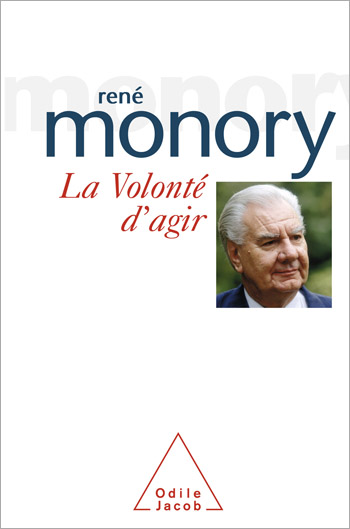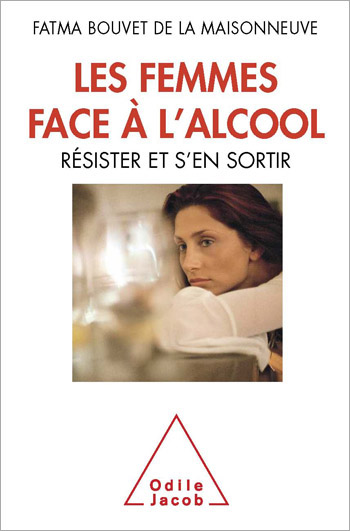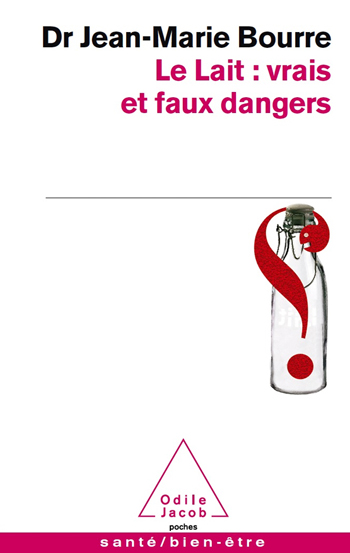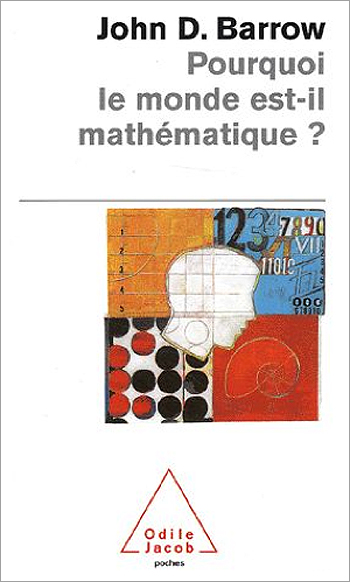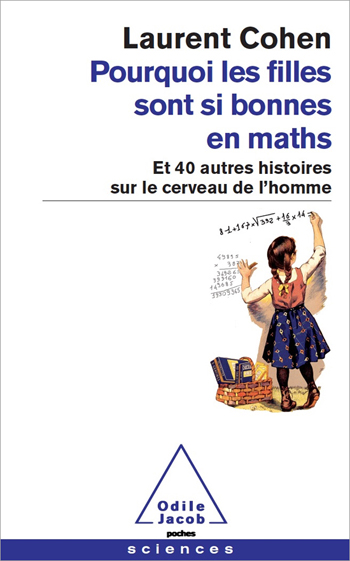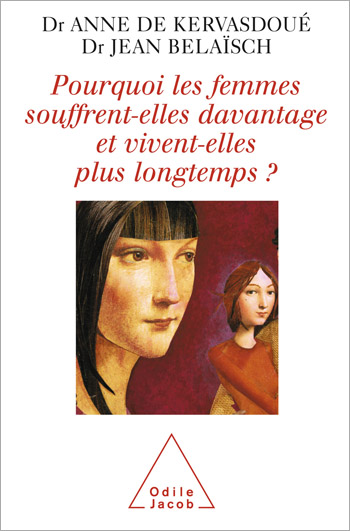Catalog All books
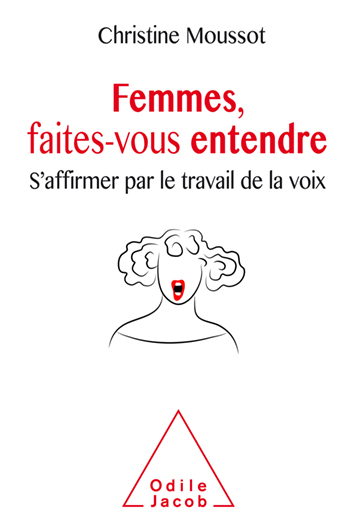
Christine Moussot
Women, Make Yourselves Heard!
The first 100% vocal coaching book for women that addresses the vocal difficulties they most often encounter: light or self-effacing voices, voices that are too high or that speak too fast.

Barbara Polla
Women Who Break The Mould A book about women for women
A gallery of emblematic portraits of mould-breaking women, among them one of the great explorer Alexandra David-Néel whose motto was "Go where your heart takes you and follow your eyes." A campaigning work that will allow every one of us to break free of our shackles and to each make our contribution, as best we can, to a more open, more harmonious and more loving society.
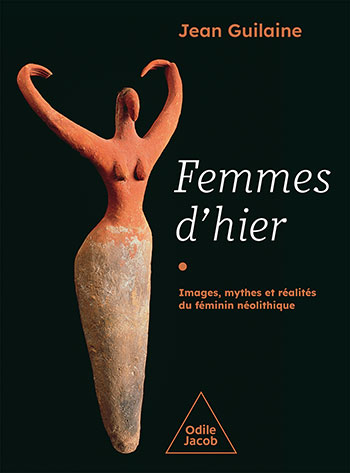
Jean Guilaine
Women of the Past Images, myths and realities of the Neolithic woman
A book by one of the most renowned specialists of the protohistoric period, to help understand women’s place in the first sedentary societies of the Neolithic period.
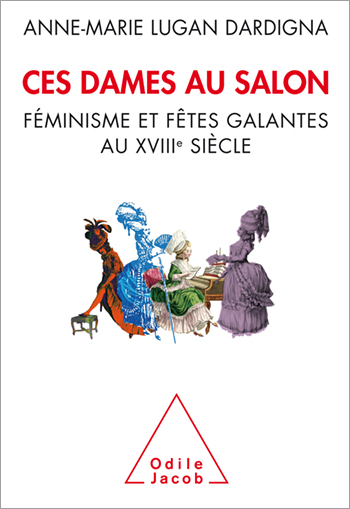
Anne-Marie Lugan Dardigna
Women of Literary Salon Feminism and the Literary Salon: Women in 18th-Century France
In France, the struggle for women’s rights is a very ancient one. In the 17th and 18th centuries it found expression in literary salons led by such famous figures as Madame de Tencin, Madame du Deffant, Madame Geoffrin and later by Madame du Châtelet and Madame d’Epinay.
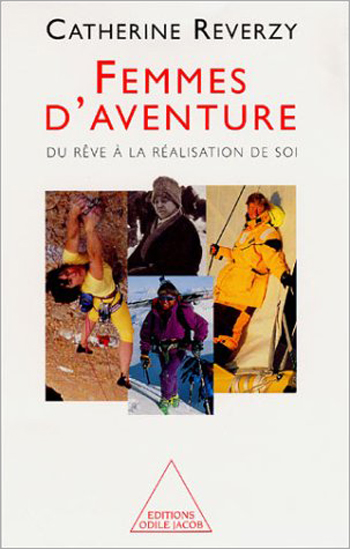
Catherine Reverzy
Women of Adventure From Dream to Self-Realisation
More and more women are becoming involved in extreme sports, accomplishing major feats, participating in dangerous expeditions and unorthodox adventures. Who are these intrepid women who are willing to face great physical dangers, push their own limits, or even risk their lives, for the sake of a cause, an ideal or simply a powerful desire? Why and how do these women succeed in returning safely from dangerous expeditions that most people would be unable to cope with? What in their past made them capable of taking such risks? Is there an explanation for their great self-confidence and for their trust in the world around them? Catherine Reverzy is a psychiatrist and psychoanalyst.
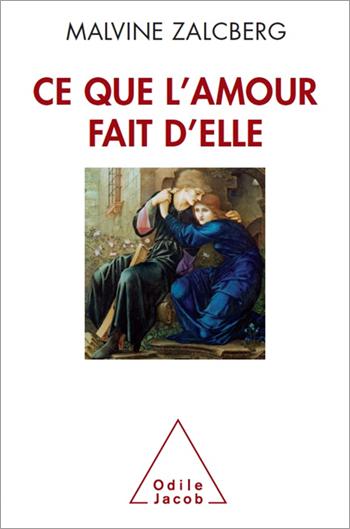
Malvine Zalcberg
Women in Love — What Love Does to Them
Why does love seem to play a more significant role in a woman’s life than in a man’s?
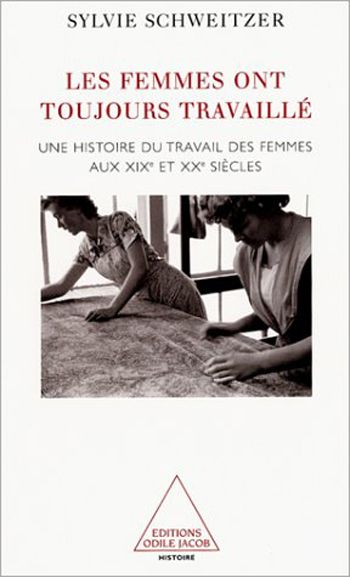
Sylvie Schweitzer
Women Have Always Worked A History of Working Women in the 19th Century
For women, the victory of recent years is one of empowerment in their professional lives: they now have the means to compete with men in every field. Yet societys traditional image of what is a male or female profession remains very powerful. In 2001, French women had managed to enter professions that were previously practically closed to them but French men are still reluctant to enter traditionally female professions. This book reviews two centuries of womens work. It shows that women have always worked but not everywhere. Womens access to increasingly prized jobs goes hand in hand with economic and global development.
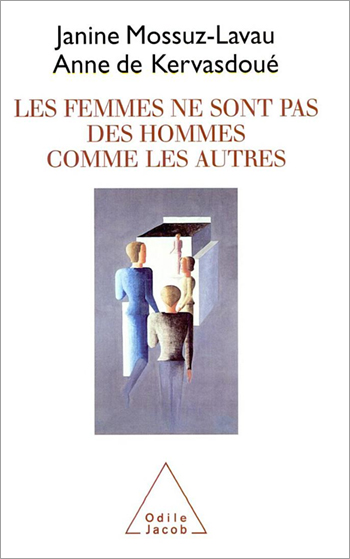
Janine Mossuz-Lavau, Anne de Kervasdoué
Women are Not Just Men
The changes which have come to be in the second half of the 20th century have taken women a long ways from the profile adopted by their mothers. Do all these transformations lead us to trace the portrait of a woman who has become a clone of men ? We can ask ourselves this question when we remember the arguments of feminists in the 70's employing the "egalitarian" themes of Simone de Beauvoir. More recently, some have gone so far as to announce the coming of an "androgynous" society. But what do the women and the men of this country think about all this ? How do women see themselves in relation to men ? How do they define themselves and how do they describe the men of their lives ? A very pointed realization of today's female identity. Janine Mossuz-Lavau is Director of Research at the CNRS.
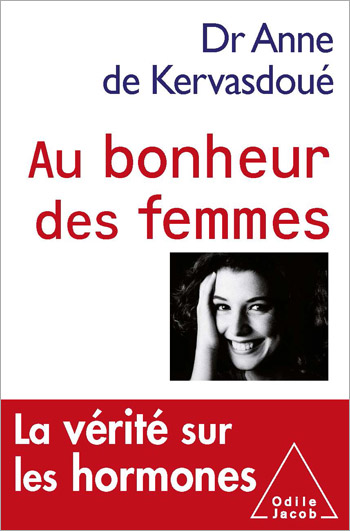
Anne de Kervasdoué
Women and Hormonal Treatments
A subject that concerns many women as they approach menopause.

Jean Abitbol
Woman’s Voice
A comprehensive book on the female voice by one of the best specialists, who works with people whose voice is their primary tool: teachers, singers, men and women politicians.
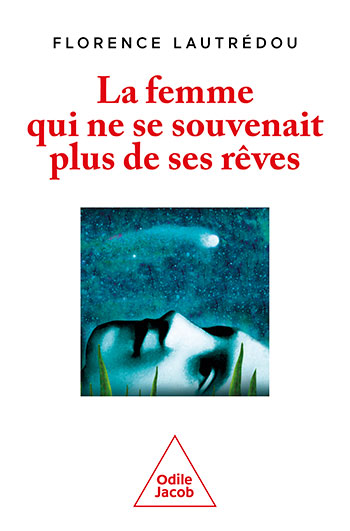
Florence Lautrédou
The Woman Who Couldn’t Remember her Dreams
A lively tale of great psychological finesse, featuring characters who are stuck in life and learn to link their night-time dreams to their life dreams.
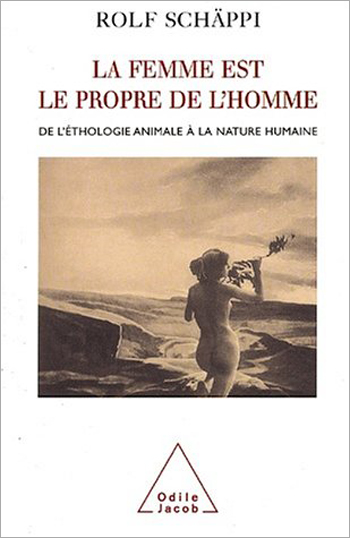
Rolf Schäppi
Woman is the Characteristic of Man From Animal Ethology to Human Nature
In this book, the author points out that although human beings are both mammals and primates, they differ in many significant ways from the other mammals and primates. Besides speech, laughter and the ability to use tools, the species Homo sapiens differs from its closest zoological cousins by three additional characteristics, which are less frequently cited because they are found only in the female. These are the female silhouette, hidden strus and the menopause. Rolf Schäppi is a psychiatrist and ethologist.
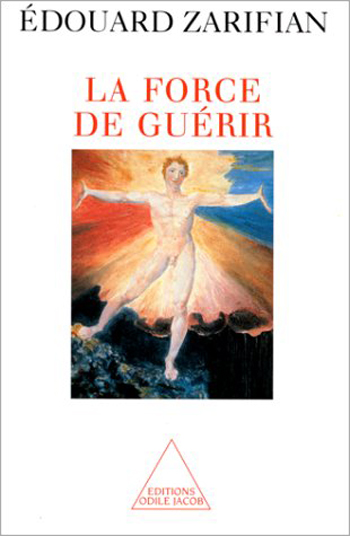
Édouard Zarifian
The Will to Be Cured
Here is the most anachronistic and conservative book that could be written on medicine. Here I defend an idea which is too often forgotten, even if it is at the base of all practical medicine that no treatment can be really whole if the patient, those close to him, and his doctor dont establish a special relationship based on trust. Compassion, understanding of suffering and devotion all have a place in the therapeutic relationship. How should we best care for the sick? Why heal? Its a lost word that I propose here to recover. Édouard Zarifian is a professor of psychiatry and medical psychology at the University of Caen.

Boris Cyrulnik
Wild Paradises, Heroic Joy
A breath of fresh air from a talented writer who brings a courageous and exacting vision to these troubled times.
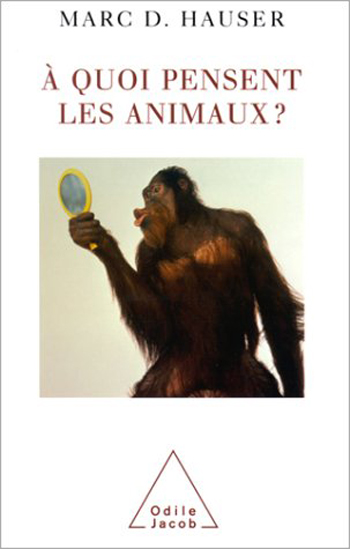
Marc D. Hauser
Wild Minds: What Animals Really Think
A slender loris comes up to a zoo keeper and hugs him. A dog lowers its head and whines when its master is unhappy. Is such behaviour a sign of affection and empathy or are other mechanisms at work, to explain the animals near-human behaviour? Why do chimps and dolphins form coalitions to defend themselves? How do lions determine, from far away, the number of gazelles calmly watering by a stream? How is it that a few species can recognise their own image in a mirror? Marc D. Hauser is a professor of psychology and neuroscience at Harvard University, where he is a fellow of the Mind, Brain and Behavior Program. Besides performing laboratory research, he has done extensive fieldwork in Kenya, Uganda and Puerto Rico.
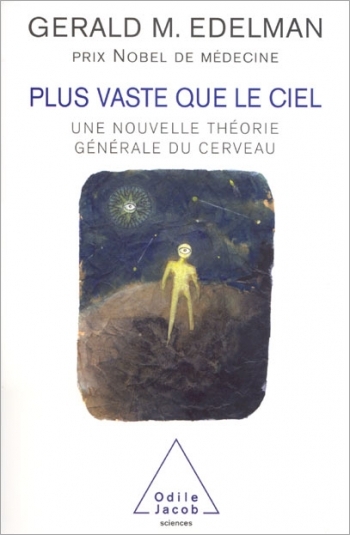
Gerald M. Edelman
Wider than the Sky
The brain is wider than the sky, For, put them side by side, The one the other will include With ease and you beside, wrote the American poet Emily Dickinson in the mid-nineteenth century. The fundamental mechanisms governing mental life are now the subject of scientific study. In this book, Gerald Edelman examines a major aspect of the mind - consciousness. How can the firing of neurons give rise to subjective sensations, thoughts and emotions? How can the disparate domains of mind and body be reconciled? A scientific explanation of consciousness must take into account the causal connections between these two domains. Such a theory must show how the neural bases of consciousness appeared during the evolutionary process and how certain animals developed consciousness. These are some of the key issues that Gerald Edelman examines here. He shows that consciousness cannot be located in a specific area of the brain, because it is a process linked to how the brain functions as a whole, to its wealth of connections and to its great complexity. The brain, he argues, is not a kind of computer. Edelman is regarded as one of the greatest theoreticians of the brain, and his notion of consciousness dominates all discussions on the subject among the international scientific community. This book offers the most accessible version of his theories that is available today. The winner of the 1972 Nobel Prize in Medicine, Gerald Edelman heads the Institute for Neurosciences, in La Jolla, California.

Martine Perez
Why Smoking Should Be Banned
A journalistic investigation by a health expert who brings to our attention the real — and imagined — health risks

Raymond Boudon
Why intellectual peoples don't like liberalism
Given the intellectual force of liberalism, its political appeal, its economic effectiveness and its historical significance, why is it so unpopular among French intellectuals? Why does it elicit so little serious discussion? And why is it the object of so much confusion, so many clichés and misunderstandings? Is it simply out of resentment, because intellectuals feel that the market does not afford them the material and symbolic rewards that they believe they deserve? Is it just because they prefer to play a critical role in a society where capitalism is triumphant? Perhaps, but these reasons do not explain everything and they certainly dont explain the systematic rejection of liberal thought in France. A sociologist of knowledge rather than of social determinism, and a specialist in belief systems, Raymond Boudon ruthlessly analyses the cognitive mechanisms that make liberalism so hateful in the eyes of French intellectuals. The result is a keen, detailed review of the clichés that have encumbered discussions for more than thirty years. Raymond Boudon, a professor at the University of Paris-IV, is a member of the Académie des Sciences Morales et Politiques. He us the author of numerous works, most notably LInégalité des chances, La logique du social, LIdéologie ou lorigine des idées reçues, LArt de se persuader, Le Sens des valeurs and Déclin de la morale? Déclin des valeurs. He is the co-author, with R. Leroux, of Y a-t-il encore une sociologie?

Michel Raymond
Why I Didn’t Invent the Wheel
Between nature and culture, a fascinating, widely accessible book about human evolution
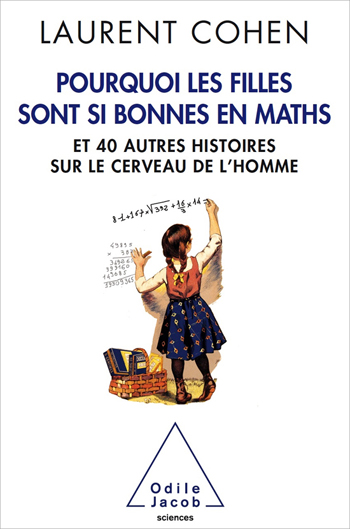
Laurent Cohen
Why Girls Are Not (That) Bad at Maths And 40 Other Stories About the Brain
Everything you ever wanted to know about brain power, explained with humour, precision and clarity

